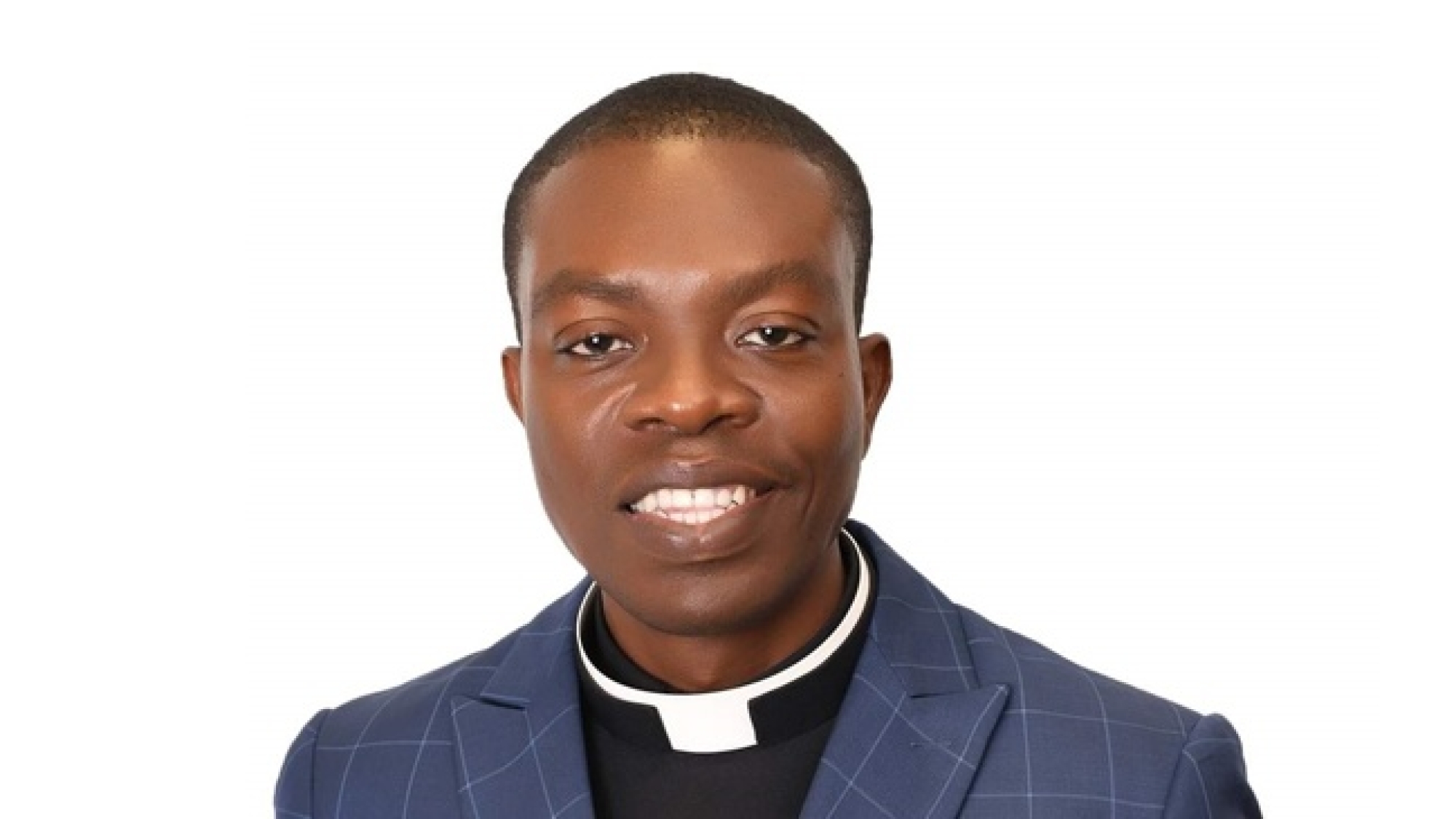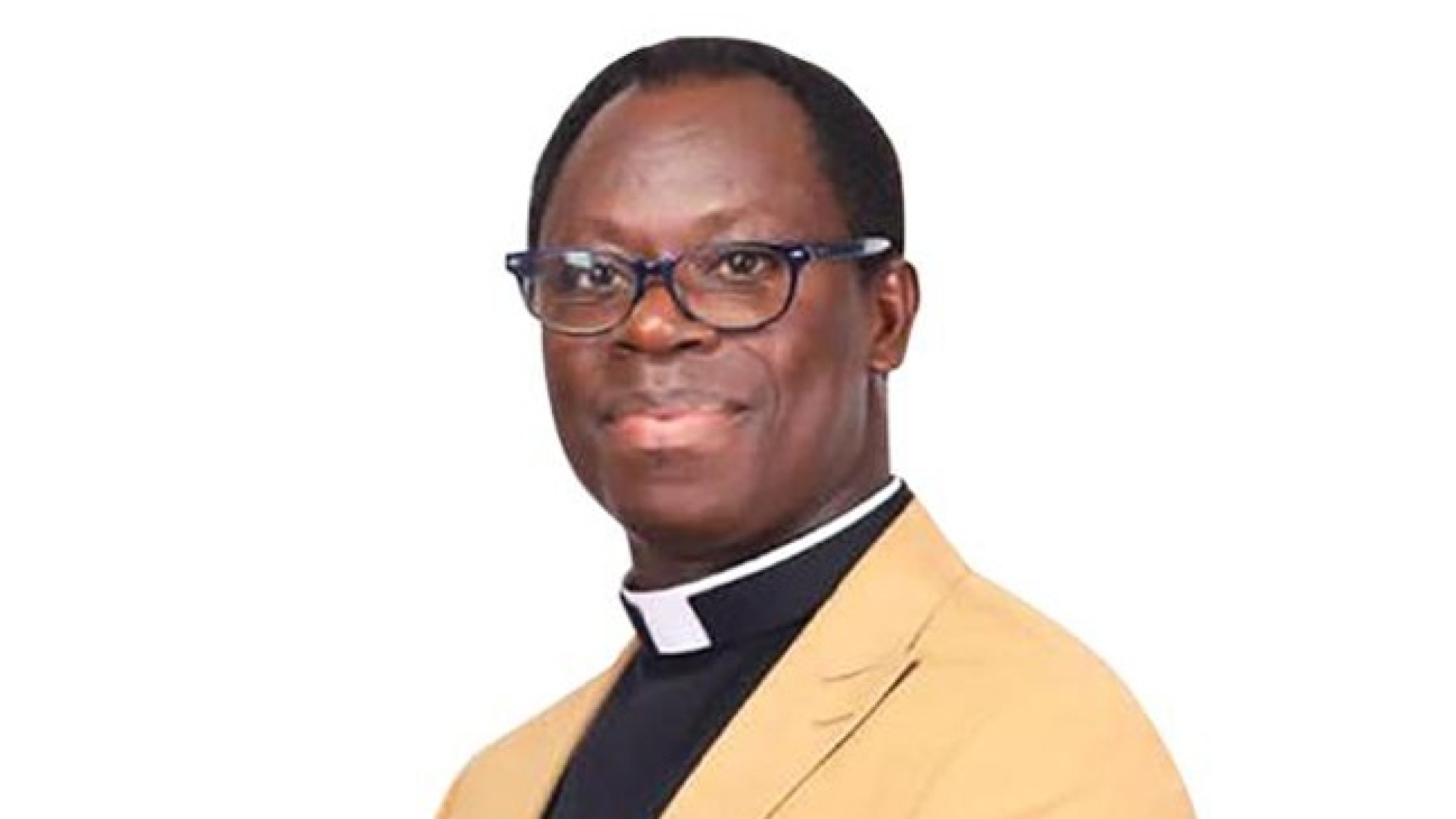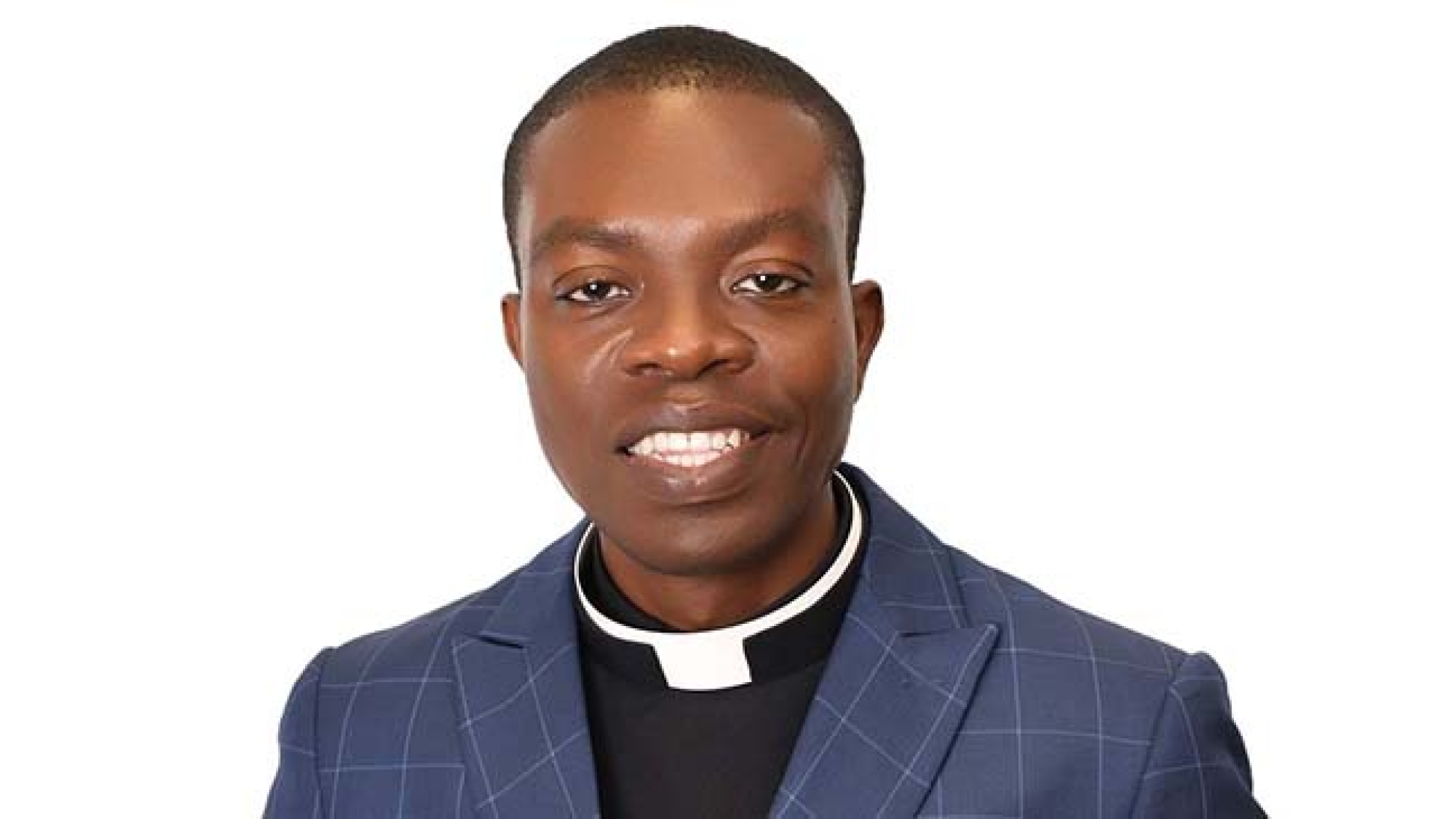In a world that often emphasises self-reliance and the pursuit of personal success, it can be challenging to fully surrender to God’s sovereignty and trust in His divine plan. However, the Bible offers profound wisdom and theological insights that encourage believers to do their best while leaving the rest to God.
This article delves into the depths of Scripture, exploring theological approaches and biblical passages that resonate with today’s generation and future generations. By examining the principles of surrender, excellence, and trust, we can navigate the complexities of life and find peace and purpose in surrendering to God’s perfect will.
In a world often filled with uncertainty and challenges, finding solace in the understanding of a higher power at work is crucial. Joseph, the beloved son of Jacob and Rachel, provides a remarkable example of someone who embodied the theme “Do your best and leave the rest to Him (God).” His life journey, brimming with trials, betrayals, and eventual triumph, offers invaluable lessons and timeless advice that can inspire and empower Christians in the modern world.
Let’s delve into Joseph’s story, extract profound insights, and discover how they can be applied to our lives today.
JOSEPH’S FAITHFULNESS IN ADVERSITY
Joseph’s life was tumultuous, leading to his imprisonment and eventual success. Despite facing adversity, he remained faithful to God, recognising that His presence and favour were not contingent on external factors. His example encourages Christians to remain steadfast in faith, trust in His plan, and overcome obstacles to experience the transformative power of God’s faithfulness in their lives.
JOSEPH’S TRUST IN GOD’S TIMING
Joseph faced unjust imprisonment after falsely accusing Pharaoh, but he remained unwavering in trust in God’s timing. In Genesis 41:14, he tells Pharaoh, “It is not in me; God will give Pharaoh a favourable answer.” This example teaches us to trust God’s timing, cultivating patience and relying on His perfect timing for our ultimate good.
JOSEPH’S JOURNEY OF FORGIVENESS AND REDEMPTION
Joseph’s story highlights his journey of forgiveness and redemption, overcoming betrayal and hardships to reconcile with his brothers. He acknowledges God’s sovereign plan and uses his trials for a greater purpose. Joseph’s story teaches the transformative power of forgiveness, releasing resentment and opening ourselves to God’s redemption.
LIFE APPLICATION FOR TODAY’S CHRISTIANS
1. Embrace Faithfulness: Joseph inspires Christians to remain faithful to God’s principles, overcome adversity and temptation, trust in His goodness, and work for our good.
2. Trust in God’s Timing: Joseph’s story emphasises the importance of surrendering timelines and plans to God, trusting in His timing, for peace and fulfilment of promises in modern life.
3. Cultivate Forgiveness: Forgiveness is a crucial Christian faith aspect, as demonstrated by Joseph, breaking bitterness and resentment, enabling God’s healing and redemption.
4. Seek God’s Perspective: Joseph’s faith in God’s hand challenges Christians to seek His perspective in every situation, believing His purposes are higher and for our ultimate good. Joseph’s life is a remarkable testament to the theme “Do your best and leave the rest to Him (God).” His unwavering faithfulness, trust in God’s timing, the journey of forgiveness, and ultimate redemption provide invaluable lessons for Christians in today’s world.
By embracing these lessons, we can navigate life’s challenges with courage and hope, knowing that our efforts are not in vain and that God is working all things together for our good. Let Joseph’s story ignite a fire within our hearts, inspiring us to do our best, trust in God’s sovereignty, and leave the rest to God.
FULFILLING GOD’S CALL: LESSONS FOR TODAY’S MINISTERS FROM THE APOSTLE PAUL (ACTS 18:21, ROMANS 1:1-17)
In the pursuit of a life dedicated to serving God and His people, ministers face countless challenges, expectations, and responsibilities. The life and teachings of the Apostle Paul offer invaluable insights and lessons that can inspire and equip today’s ministers to embrace their calling with passion, perseverance, and unwavering trust in God.
Paul’s transformative encounter with Christ, his relentless dedication to spreading the Gospel, and his unyielding faith in adversity provide a blueprint for godly living and ministry.
This article will delve into Paul’s life and teachings, exploring the essentials and profound truths that ministers today can apply in their journey of serving God and inspiring generations to come.
EMBRACING DIVINE TRANSFORMATION
Paul’s life exemplifies the transformative power of encountering Christ, as his conversion to preaching the Gospel led to his transformation. Ministers must continually yield to Christ’s transformative work through prayer, Scripture study, and the Holy Spirit to effectively minister to others.
UNWAVERING COMMITMENT TO THE GOSPEL.
Paul’s unwavering commitment to the Gospel is a defining characteristic of his ministry. Despite facing opposition, persecution, and hardships, he boldly proclaimed the message of salvation through Christ.
Today’s ministers must emulate Paul’s passion and prioritise its proclamation, requiring a deep understanding of Scripture, fervent prayer, and a willingness to love and communicate the transformative message of Christ.
PERSEVERANCE IN THE FACE OF ADVERSITY
Paul’s ministry faced persecution, imprisonment, and opposition, but he persevered with unwavering faith and conviction in God’s faithfulness. Today’s ministers must learn from Paul’s example to persevere, knowing that God’s grace sustains them through difficulties. Through prayer, reliance on strength, and support from fellow believers, they can find courage and endurance.
LIVING A LIFE OF HUMILITY AND SERVANTHOOD
Paul emphasises the significance of humility and servanthood in ministry, emphasising the importance of considering others’ interests and prioritising congregational needs over personal ambitions. This virtue shapes ministers’ interactions and influences their interactions with others.
EMBRACING EXCELLENCE: DANIEL’S EXAMPLE OF TRUSTING GOD
In a world driven by achievement and constant striving, it is easy to become overwhelmed and lose sight of what truly matters. However, the biblical character of Daniel offers a powerful example of how to navigate life’s challenges with unwavering faith and reliance on God. His life was marked by exceptional wisdom, unyielding integrity, and an unshakable trust in God’s sovereignty.
By examining Daniel’s story and drawing from his profound wisdom, we can uncover invaluable lessons and insights that inspire us to do our best and leave the rest to God. Let us delve into the life of Daniel and explore how his example continues to shape and transform lives in the modern world.
COMMITMENT TO EXCELLENCE
Despite being taken captive to Babylon and facing foreign cultural pressures, Daniel’s unwavering dedication to excellence set him apart and paved the way for God’s favour. His example is a powerful reminder to uphold faith principles and values, refusing to compromise integrity amidst cultural pressures. By embracing excellence, we honour God and become beacons of light in a darkened world.
FAITHFULNESS IN PRAYER
Daniel’s consistent prayer life, despite a decree forbidding it from other gods, led to divine protection and miraculous deliverance from a lion’s den. His example emphasises the importance of maintaining an intimate connection with God, acknowledging dependence, seeking wisdom, and experiencing supernatural intervention. Prioritising communion with God unlocks divine guidance and strength.
DISCERNING GOD’S WISDOM
Daniel’s wisdom and discernment were highly regarded in Babylonian courts, as he interpreted dreams and visions, fearlessly speaking truth to power. His example teaches that true wisdom originates from God and is accessible to all who seek it. Christians should diligently study and apply God’s Word, cultivating a discerning spirit to navigate life’s complexities, speak truth boldly, and impact surroundings for God’s glory.
TRUSTING IN GOD’S SOVEREIGNTY
Daniel’s unwavering trust in God’s sovereignty was a remarkable aspect of his life. Despite persecution, trials, and death threats, he remained steadfast in his faith, confidently claiming that God changes times and seasons. This trust allowed him to persevere and thrive in challenging circumstances.
Daniel’s life inspires and challenges us to embrace excellence, remain faithful in prayer, seek God’s wisdom, and trust in His sovereignty. His unwavering commitment to God’s commands, integrity, and trust in divine providence offers profound lessons for godly living in the modern world.
As we strive to do our best and leave the rest to God, let us look to Daniel’s example as a source of encouragement and guidance. By embodying his principles, we can impact our generation, inspire future generations, and experience the transformative power of living a life fully surrendered to God.
UNDERSTANDING GOD’S SOVEREIGNTY
Understanding God’s sovereignty is crucial for surrendering to His authority and control. Scripture affirms His omniscience, omnipotence, and omnipresence, emphasising His throne in the heavens and kingdom. Recognising God’s sovereignty helps believers trust in His active involvement in their lives, emphasising the importance of aligning with His plans and purposes.
SURRENDERING TO GOD’S PLAN
Surrendering to God’s plan involves relinquishing desires, ambitions, and control, embracing humility, and acknowledging His wisdom. It involves actively seeking His will and aligning desires with His. Through prayer, meditation, and guidance from the Holy Spirit, we can discern and embrace God’s perfect plan for our lives, allowing us to experience peace, joy, and fulfilment beyond our own abilities.
PURSUING EXCELLENCE AS AN ACT OF WORSHIP
Surrendering to God’s plan involves releasing personal agendas, but striving for excellence remains important. Christians should work heartily, serving the Lord Christ, and work for His glory. This form of worship reflects a reverence for God and a commitment to offering His best. By doing so, believers demonstrate trust in His guidance and provision, knowing that His blessings will be used for His purposes.
TRUSTING IN GOD’S FAITHFULNESS
Trusting in God’s faithfulness involves surrendering worries, fears, and anxieties, knowing that God is in control and will fulfil His promises. Jesus reminds us that life is more than food and the body more than clothing. This involves releasing concerns, placing confidence in God’s loving care, and cultivating a deep sense of peace. Living with steadfast assurance that God will provide, protect, and guide us is essential for a fulfilling life.
THE BEAUTY OF SURRENDERED EXCELLENCE
Surrendered excellence involves surrendering to God’s sovereignty, pursuing excellence as worship, and trusting in His faithfulness. This approach releases self-reliance and embraces freedom in complete dependence on God. By committing our plans, desires, and outcomes to God, we align our efforts with His purposes, allowing Him to work through us and accomplish beyond our own strength.
In a world that celebrates self-sufficiency and personal achievement, the call to surrender to God’s sovereignty and leave the rest to Him may seem counterintuitive. However, as we delve into the depths of Scripture and explore theological perspectives, we discover that surrendering to God is not a sign of weakness but a profound act of faith. We can find true fulfilment, purpose, and peace by surrendering to God’s plan, pursuing excellence as an act of worship, and trusting in His faithfulness.
May we embrace the beauty of surrendered excellence and inspire generations to come to live lives that reflect complete reliance on God, knowing that as we do our best and leave the rest to Him, we will experience His abundant blessings and see His Kingdom manifest in our lives and the world around us.
DO YOUR BEST AND LEAVE THE REST TO HIM (GOD): LESSONS FROM ESTHER’S LIFE (ESHER 1:10-12, 4:14-16, 8:16-17)
Esther, a young Jewish woman, found herself thrust into a position of unexpected influence when she was chosen to be queen by King Xerxes. Yet, her exalted position was far from an arbitrary twist of fate; it was a result of her own courage and conviction. Esther’s journey began with her willingness to heed the counsel of her cousin Mordecai and participate in a beauty contest to become the queen.
She embraced her circumstances, putting in her best effort despite the uncertainty ahead. The pivotal moment in Esther’s story arrived when she learned of Haman’s wicked plot to annihilate the Jewish people. Recognising the magnitude of the danger, Esther faced an excruciating dilemma: to reveal her true identity and risk her life by approaching the king unsummoned or to remain silent and potentially watch her people perish.
Here, Esther’s response echoes the very essence of the principle “Do your best and leave the ‘how’ to God.” Esther, fortified by fasting, prayer, and an unwavering trust in a higher plan, took the audacious step to approach the king. Her resolve reflected a profound understanding that while she could control her actions, the outcome was beyond her domain. This embodiment of faith mirrored the essence of the teaching, emphasizing that individuals must put forth their utmost effort while acknowledging that the ultimate result lies in the hands of the divine.
The climax of the story unveils the divine orchestration that underpins the narrative. Just as Esther’s efforts culminate in a banquet where she reveals Haman’s wicked intentions, the timing aligns with a sequence of events that leads to Haman’s downfall and the salvation of the Jewish people. Esther’s courage, faith, and willingness to do her part were pivotal elements that converged with a higher plan, showcasing the harmonious interplay of human effort and divine intervention.
Esther’s story resonates across time and culture, offering a timeless lesson in faith and action. It reminds us that while we are called to put forth our best efforts, the outcome is ultimately beyond our control. By recognizing that our actions are a partnership with the divine, we can navigate life’s challenges with courage and resilience. Esther’s journey encourages us to embrace uncertainty, trust in a higher purpose, and, indeed, “do our best and leave the how to God.”
In the annals of history, the story of Esther stands as a timeless testament to the profound wisdom encapsulated in the phrase “Do your best and leave the how to God.” The biblical narrative of Esther, set in the ancient Persian Empire, unveils a remarkable journey of faith, courage, and divine orchestration.
DO YOUR BEST AND LEAVE THE REST TO HIM (GOD) LESSONS FROM DAVID’S LIFE (1 SAMUEL 16:7-31)
In a world that constantly demands our best efforts and often leaves us feeling overwhelmed and uncertain, it is crucial to find solace in the understanding that there is a higher power at work. David, the iconic King of Israel, serves as an exceptional example of someone who embodied the theme “Do your best and leave the rest to Him (God).” His life journey offers invaluable lessons and timeless advice that can inspire and empower the youth of today. Let us delve into David’s story, extract profound insights, and discover how they can be applied in our modern world.
DAVID’S TRUST IN GOD’S STRENGTH
David’s ascent to the throne of Israel was marked by challenges and adversities. He uttered the famous words, “The battle is the Lord’s,” demonstrating his belief in divine intervention. Today’s youth face overwhelming obstacles, and David’s example teaches us to trust in a higher power and draw strength from his faith. Trusting in God’s strength can transform our perspective, instilling confidence and courage to face any obstacle.
DAVID’S RELIANCE ON GOD’S GUIDANCE
David sought divine guidance in his life, recognizing he was not alone in his journey. He pleaded for guidance in Psalm 25:4-5, guiding him in his path and making choices that aligned with God’s will. Today’s youth can find clarity amidst conflicting opinions by emulating David’s posture, developing a habit of prayer, meditation, and scripture wisdom. True success lies in aligning with God’s purposes.
DAVID’S FAITHFULNESS AND FORGIVENESS
David’s life was filled with flaws, but his unwavering faithfulness and willingness to seek forgiveness set him apart. He urged youth to cultivate humility, acknowledge mistakes, and seek reconciliation, fostering personal growth, healing, and deepening their relationship with God. This example teaches the power of repentance and forgiveness.
DAVID’S PERSEVERANCE AND HOPE
David faced immense trials and tribulations, including hunting by King Saul and family conflicts. Despite despair, he clung to hope and found solace in God’s faithfulness. Today’s youth can overcome challenges with resilience and hope, fostering a mindset of perseverance and trusting in God’s goodness. David’s life serves as a beacon of inspiration, providing invaluable advice for the youth of today. By embracing the theme “Do your best and leave the rest to Him (God),” they can find solace, strength, and guidance in their journey.
Just as David trusted in God’s strength, sought His guidance, and relied on His forgiveness, the youth can draw from these timeless lessons to navigate the complexities of life. In a world that demands their best, they can echo David’s words and find comfort in knowing that the ultimate outcome rests in God’s hands. Let David’s story ignite a fire within the hearts of the youth, inspiring them to rise above challenges, live with purpose, and place their trust in the Divine.
It is my prayer that the Almighty God will continue to equip and use you for maximum impact in spite of challenges, trials, and temptations. You are more than a conqueror in Jesus’ mighty name. May the Lord strengthen you to overcome all pitfalls in your life as you leave the how to God. You may wonder how possible you can succeed in life due to some challenges in your life or ministry; however, it is important to do your very best and leave the ‘how’ to God.
HAVE THE BEST OF GOD’S BEST IN JESUS’ MIGHTY NAME. AMEN!
Written by Pastor Manasseh Mintah (Atimatim District – Old Tafo Area)















